On Friday, March 21, Kenyans with Down Syndrome joined the world in marking World Down Syndrome Day 2025, under the theme ‘We are calling on governments to improve our support systems.’
However, according to Silvanus Makori the society has not fully understood children diagnosed with the condition, a major challenge in both educational sector and their daily living. He urged the society to embrace the children, and avoid discriminating them.
What is Down Syndrome? According to Dr. Lucas Wanyonyi an occupational therapist in Trans Nzoia said the condition was discovered in 1866 by John Down, which is caused by interchange of genetics that affects chromosome 21.
“Down Syndrome is detected in young children and is caused by interchange of genetics that affects chromosome 21 that is also referred to as Trisomy 21, which brings the condition of Down Syndrome that brings about changes to children as they grow,” he explained.
According to Wanyonyi, Down Syndrome can be noticed by parents as their structures in are always different from other children from the facial structure which is flattened, flattened nose bridge, small mouth with a big a tongue, as well as a small face.
“The changes are very much noticeable at an early stage, such visible changes include a flattened facial structure, wider space between the thumb and other fingers, their nose bridge is flat, with eyes that seemingly are trickling down. They also have a a small face, small mouth and a big tongue, which also reflects in their wide gapped toes,” he further explained.
Such children often have delayed growth in all activities as compared to a normal child. In the normal development stage, they take longer to talk, crawling and walking.
“Often this children have delayed mile in development during childhood, they delay in talking, crawling walking and all other things in life. You will often notice they have their tongue outside a quicker indicator that they have Down syndrome,” he stated.
He said the parents need to bring the children to hospital to get therapy as their muscles are weak, and the reason for delayed response in coordinating things. These children are sometimes have other conditions why Wanyonyi has urged parents to have hospital check ups.
“These children are sometimes born with holes in their hearts, or also a hole in their duodenum that they eat and never increase in size, the opening in the duodenum is closed if too big or left to close itself if it is small as they grow, ear problems and also urinate to old age, due to weak muscles,” he stated.
He insisted the need to visit the hospital to receive therapy services including speech therapy and training from occupational therapists to be able to conduct themselves and be independent. The occupation therapist will help the child to know things according to their ages, including dressing using the washrooms among others.
The Physiotherapist will help the child muscles to be strong through exercise to strengthen the relaxed and weak muscles, while speech therapist will help them to talk. Additionally, they will receive medical attention from medical officers and surgeries incase a child requires one. He said the services can be covered by the Social Health Authority (SHA).
Wanyonyi said the condition is more heavy on the men, as they cannot reproduce, as compared to female patients as they can conceive.
He called upon parents to embrace their children, take them from hideouts and bring them out to benefit from the opportunities, trainings and scholarships available for their children through the National Council of Persons Living with Disabilities (NCPWD).

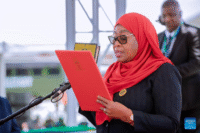
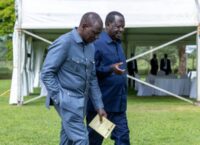



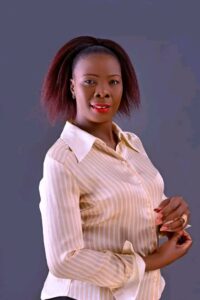

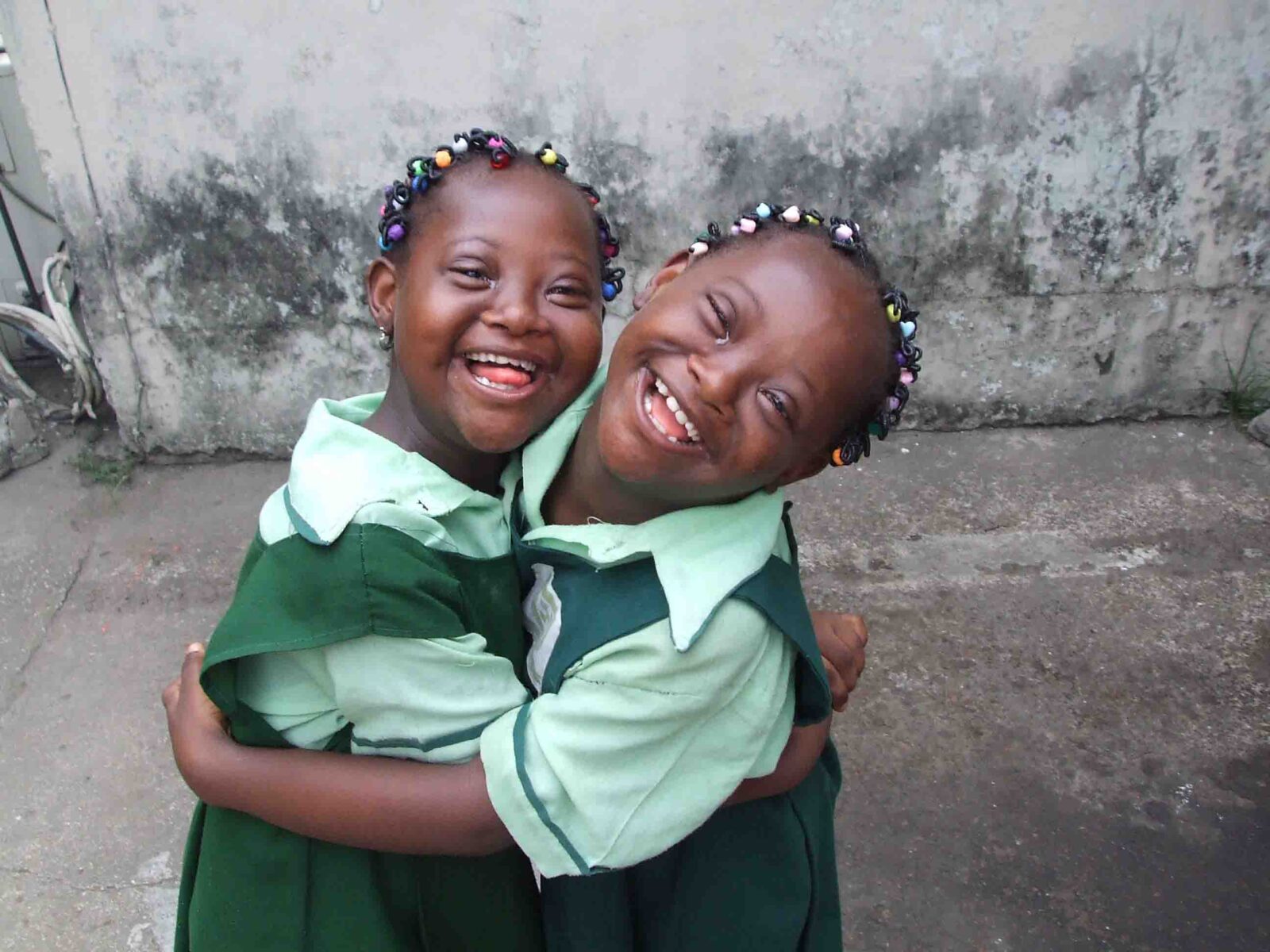
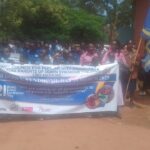

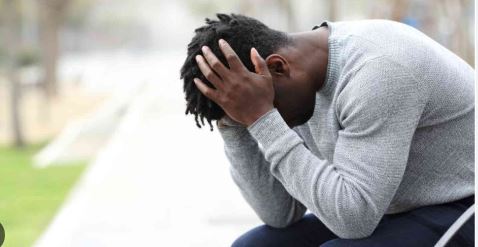
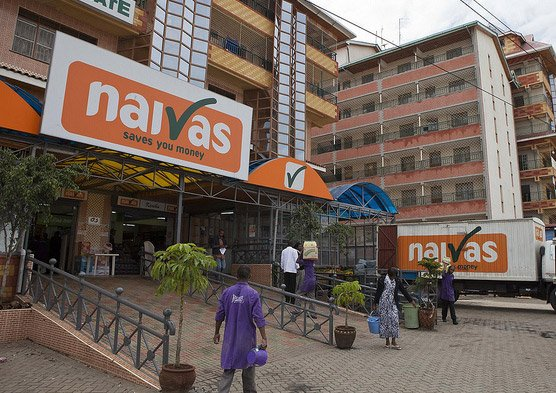
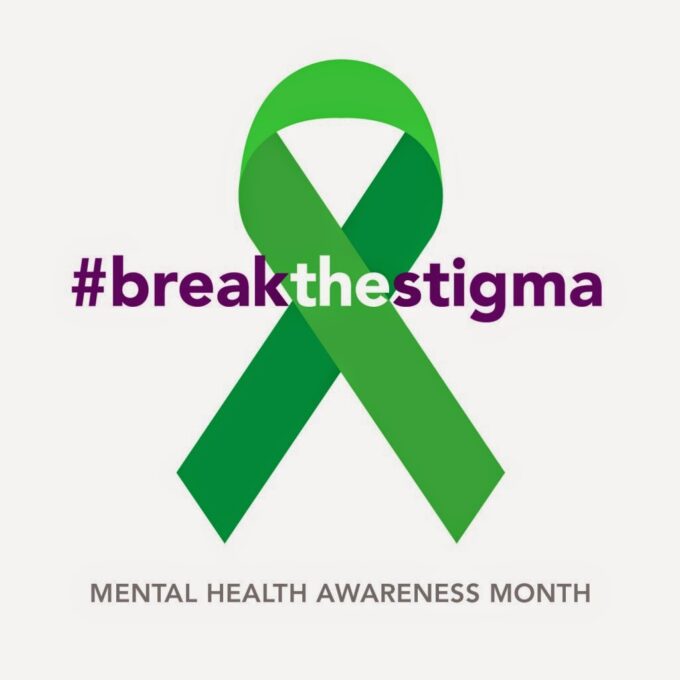
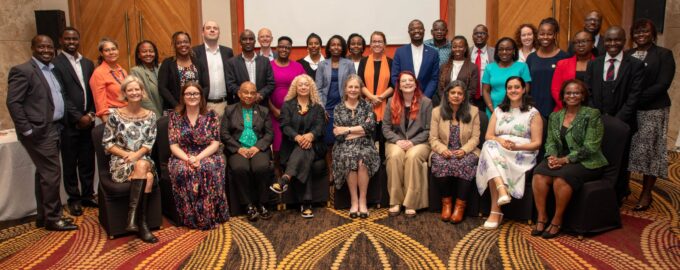
Leave a comment